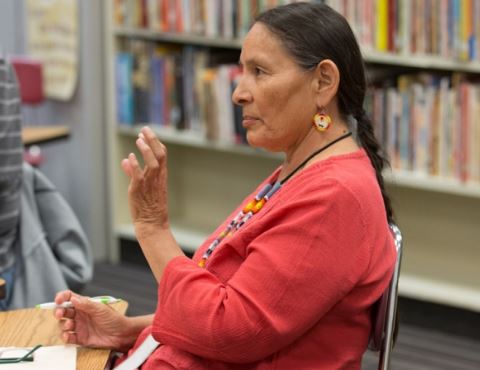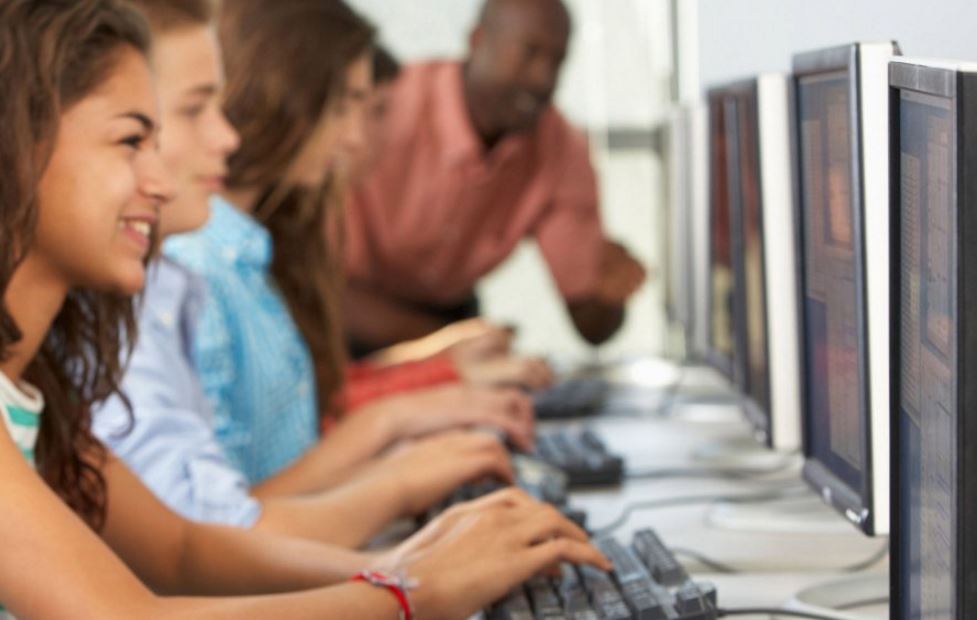

Do you know how to help kids maintain focus? Staying focused for adults is a pretty hard task, but it is even more of a challenge to help kids maintain focus.
We, as adults, often have to really work hard to stay focused during the day and to get things done. For children to stay focused requires the same, if not more effort to stay focused. And every teacher can attest that it can be very frustrating when instructing children!
There are several techniques that can help in this situation. Using a different method of modeling, we can teach children what it means to stay focused throughout tasks. Having a visual example is a great way for kids to learn and remember. Practicing techniques with them will have a much larger impact than just discussing the techniques.
Another way that you can help students learn to stay focused is to help them build endurance. This takes time, patience, and practice-practice-practice. Students can build endurance in anything that they do, just as long as they are determined and put in the time and effort each day.
Kids need to move around and take “brain breaks” to help kids refocus. Simply have kids get up and stretch or do yoga poses, play a game, or wiggle and dance for a minute. All these will help them to get their focus back faster.
As we all know, children learn by example! Having the stamina to stay focused and to help others are things they need to learn. This will make them become better listeners and better students.
For more about how to help kids maintain focus, read the original article here:
Teaching Strategies to Help Students Stay Focused




